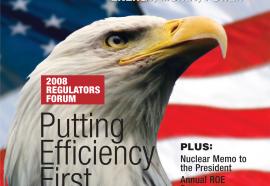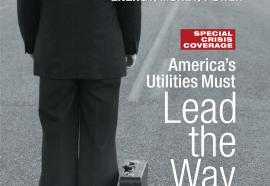The Innovation Imperative
Adaptive companies stand the greatest chance for success.
IBM compiled a comprehensive report, The Enterprise of the Future, which describes traits that the leading companies across all industries will share. Key industries—including utilities—also were evaluated individually to see how these traits might emerge as industries reshape and evolve in the face of customer demands, environmental pressures, global integration, workforce changes, and other challenges.








